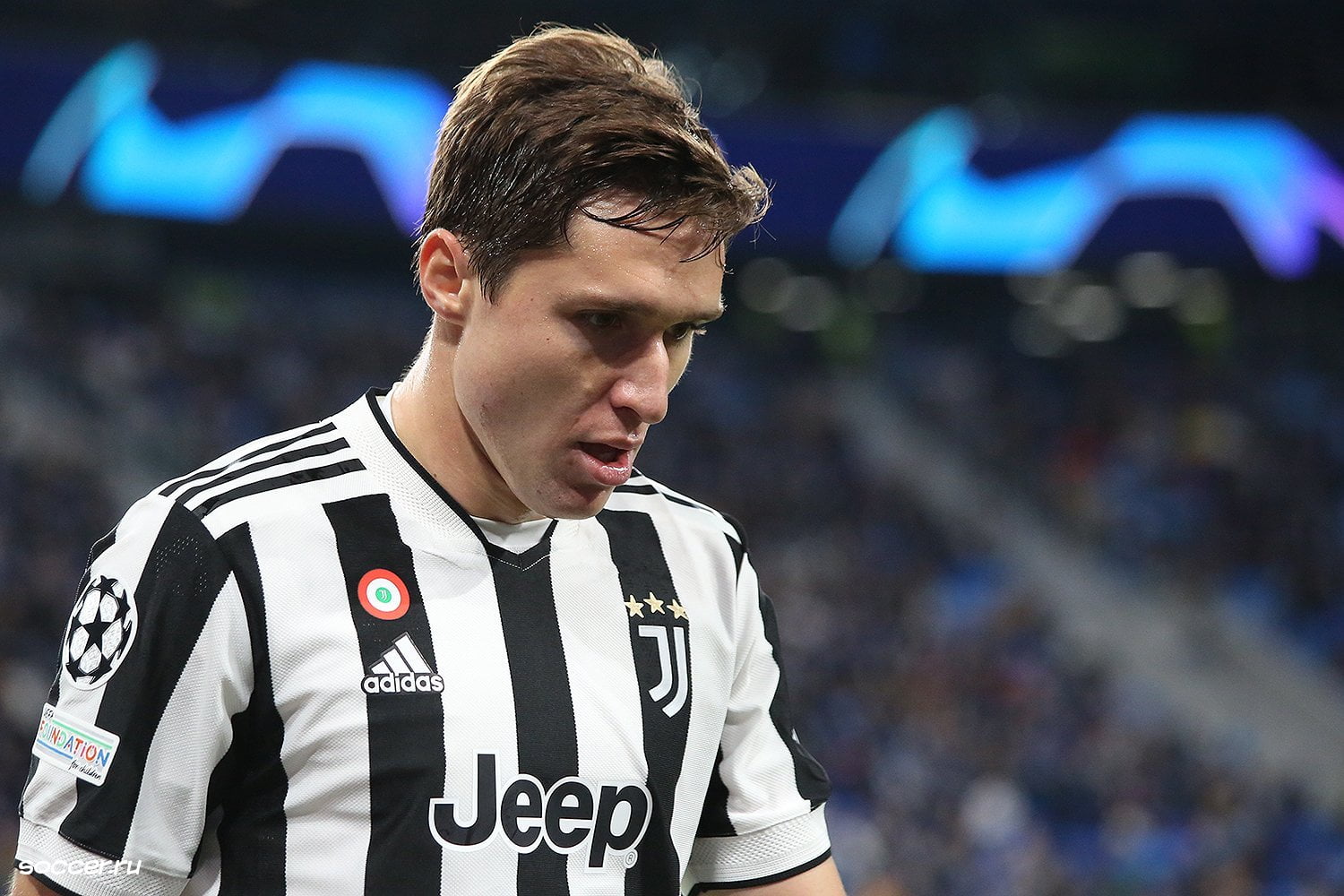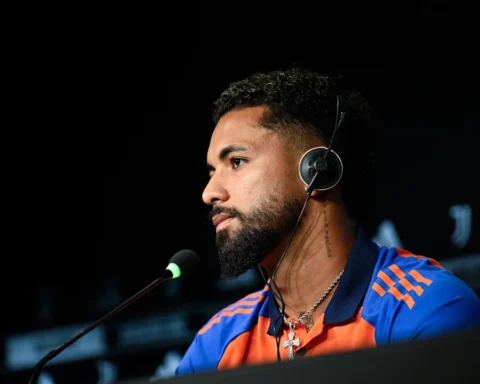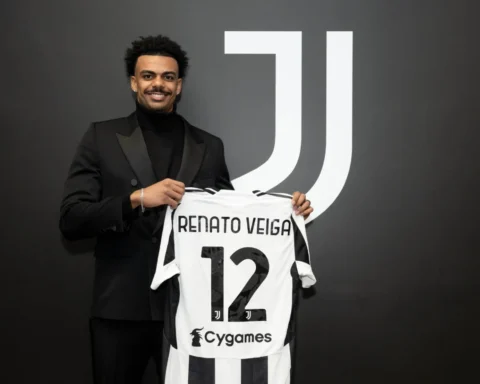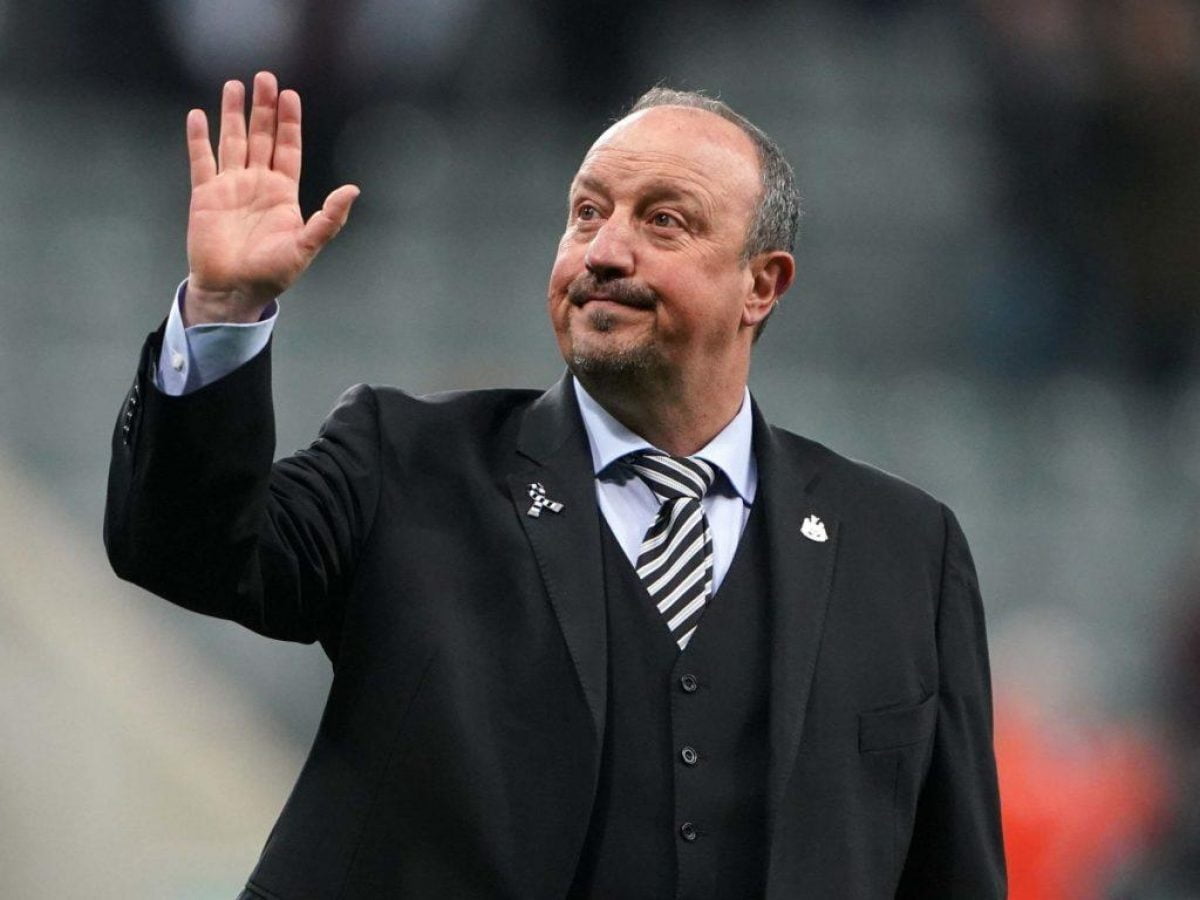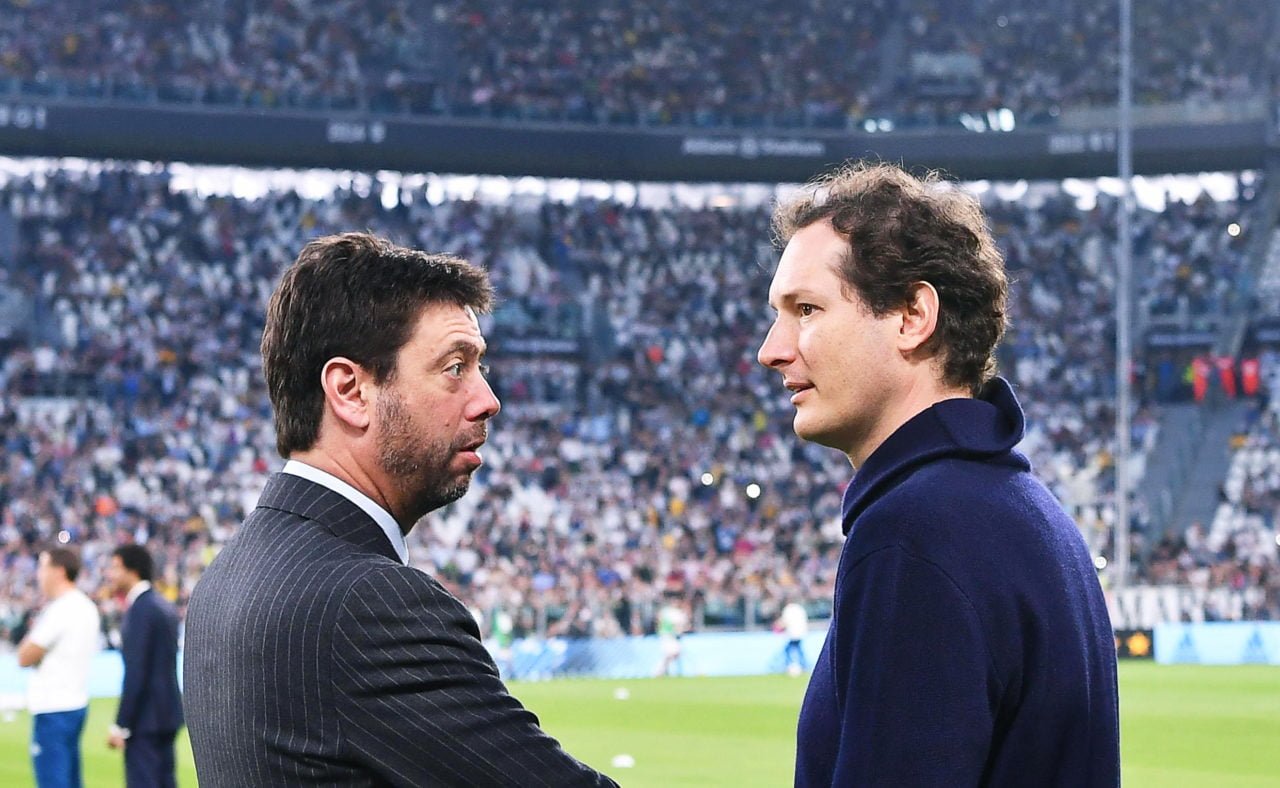Following Juventus’ 2-2 draw in a friendly match against Brest in Pescara, manager Thiago Motta provided insights on the team’s performance and addressed key issues, including the future of Federico Chiesa.
Motta expressed satisfaction with the team’s improvement, noting that it’s part of the preparation process for players who are arriving and those with more training sessions under their belt. He stated, “Overall, I’m happy with the progress we’ve made.”
Regarding Federico Chiesa and other players who were left out of the squad for the friendly, Motta was candid: “Yes, it’s a market issue. Both he and the others who stayed at home today, except for Miretti who is injured, are not part of the project. We’ve been clear internally and have spoken with each of them.”
The manager emphasized the need for these players to find new opportunities, saying, “We have strong, good players who are used to playing regularly. At this moment, the club is looking for solutions elsewhere, and they too must seek solutions as soon as possible. It’s good for everyone.”
When pressed about the decision, Motta was firm: “These decisions have been made. We are convinced about preparing well for the season. There’s nothing more to add. I reiterate what I’ve said.”
Motta expressed gratitude for the fans’ enthusiasm, acknowledging the importance of their support. He stressed the significance of continuous improvement and bringing joy to the supporters.
Regarding the team’s performance, Motta noted the progress from the first to the second match, describing the game as balanced but with Juventus having slightly more control. He emphasized the importance of continuing this development.
The manager also commented on individual players. He praised Douglas Luiz’s entry into the game, along with late arrivals like Danilo, Bremer, and Yildiz. On Locatelli’s role, Motta said, “He’s already played further forward. He’s intelligent and available, which is what we wanted to see.”
Discussing tactical formations, Motta confirmed using a 4-1-4-1 system as a base but stressed the importance of fluid, non-static play. He acknowledged definite progress in this area.

